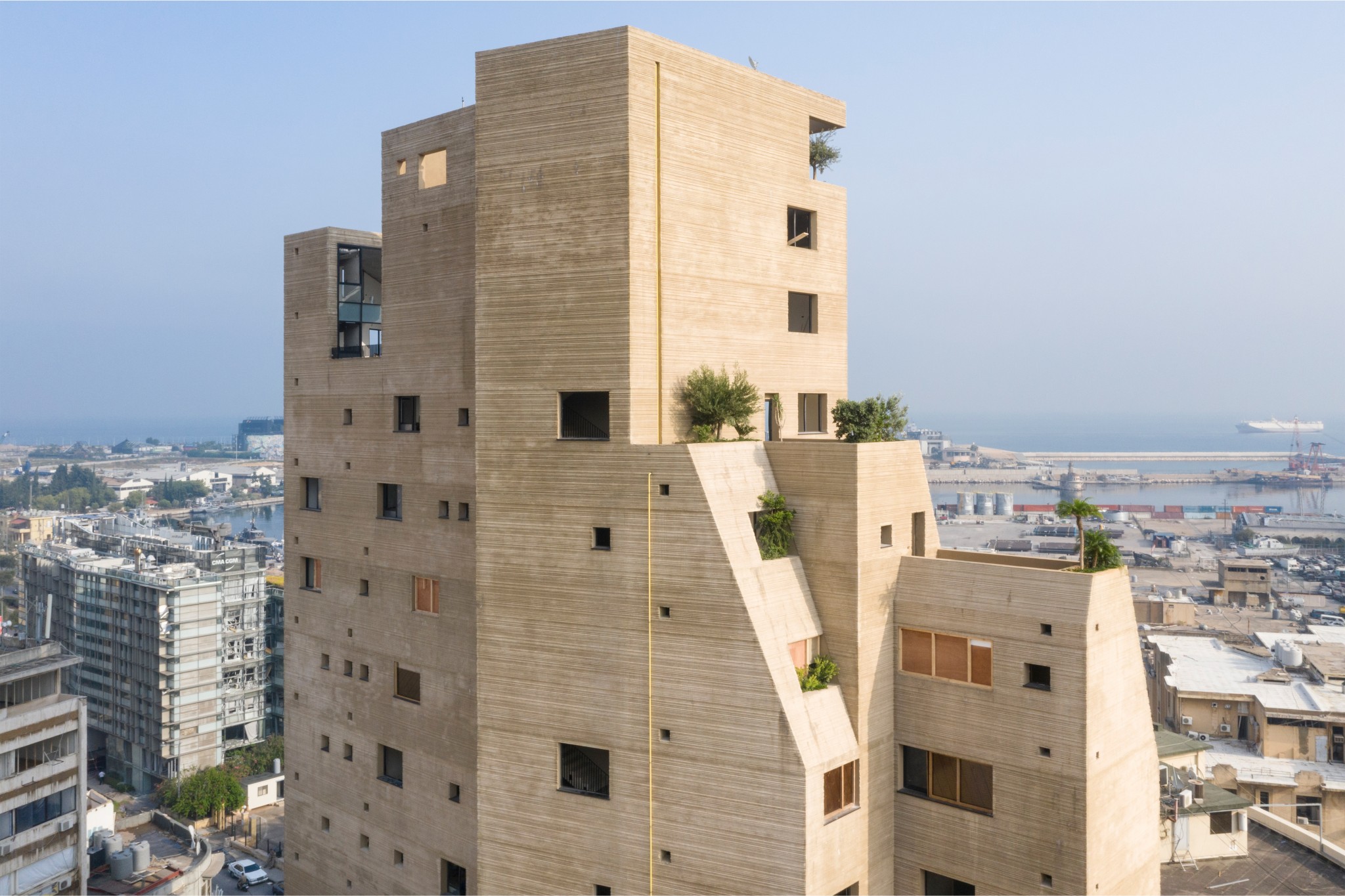The document titled “Promoting Sustainable Communities through Affordable Housing: A Case Study of Beirut, Lebanon” examines the critical role that affordable housing plays in fostering sustainable urban communities, particularly in the context of Beirut. It highlights the interplay between housing affordability, urban development policies, and sustainability, providing insights into the current challenges and potential solutions for creating inclusive living environments.
Further reading: Affordable Housing: Lessons For The UAE
Promoting sustainable communities through affordable housing. A case … frontiersin
Sustainable Housing in Lebanon: Possible Solutions Amidst the Crisis vision-constructors

Context of Housing in Beirut
Beirut faces significant housing challenges exacerbated by a combination of economic instability, rapid urbanization, and a lack of effective governance. The city has a substantial stock of vacant residential units, yet many residents struggle to find affordable housing. This paradox is largely due to outdated building laws that favour large developers and wealthy property owners while neglecting the needs of low-income families. The document emphasizes that these laws have contributed to a social fabric that increasingly excludes vulnerable populations from the urban landscape.
Key Challenges
- Outdated Regulations: The existing building laws, established in 2004, have facilitated the growth of high-end developments at the expense of affordable housing options. These regulations often prioritize profit over community needs, leading to a homogenized urban environment that lacks diversity in housing types.
- Vacant Housing Stock: Despite the high demand for affordable housing, a significant number of residential units remain unoccupied. This situation is exacerbated by tax exemptions for empty properties, which discourage owners from renting or selling their apartments, further limiting housing availability for those in need.
- Economic Barriers: Economic instability has made it increasingly difficult for low- and middle-income families to secure stable housing. The rising cost of living and stagnant wages create a scenario where many residents are priced out of the market.
- Environmental Concerns: The document argues that the vertical expansion of the city—characterized by high-rise buildings—has negative environmental impacts and does not address the diverse housing needs of the population. This model contributes to urban sprawl and diminishes the quality of life for residents.
Proposed Solutions
To address these challenges, the document outlines several strategies aimed at promoting sustainable communities through affordable housing:
- Revising Building Regulations: Advocating for changes to current building laws can create a more equitable framework for housing development. This includes implementing inclusionary zoning policies that require developers to allocate a portion of new projects for affordable units.
- Utilizing Vacant Properties: The potential to convert vacant residential units into affordable housing should be explored. By incentivizing property owners to rent or sell these units, Beirut can alleviate some of its housing shortages while revitalizing neighborhoods.
- Community Engagement: Involving local communities in decision-making processes regarding housing development can ensure that new projects meet actual needs rather than merely serving developer interests. This participatory approach fosters social cohesion and empowers residents.
- Sustainable Development Models: Implementing alternative development models that prioritize sustainability can help balance economic growth with environmental stewardship. These models should focus on resource efficiency and resilience against climate change impacts.
- Public-Private Partnerships: Collaborations between government entities and private developers can facilitate investment in affordable housing projects. Such partnerships can leverage resources and expertise to create more inclusive urban environments.
Impact on Community Well-being
The document emphasizes that access to affordable housing is crucial for improving overall community well-being. Stable housing leads to better health outcomes, increased educational opportunities, and enhanced economic stability for residents. When families have secure homes, they are more likely to invest in their health and education, breaking cycles of poverty and contributing positively to society.
Conclusion
In conclusion, “Promoting Sustainable Communities through Affordable Housing” argues that addressing the affordable housing crisis in Beirut requires a multifaceted approach that considers regulatory reform, community involvement, and sustainable development practices. By reimagining urban policies and fostering collaboration among stakeholders, Beirut can transform its housing landscape into one that supports all residents—regardless of income level—while promoting long-term sustainability and social inclusivity. The document ultimately calls for urgent action to create equitable living conditions that enhance both individual well-being and community resilience in an increasingly complex urban environment.
